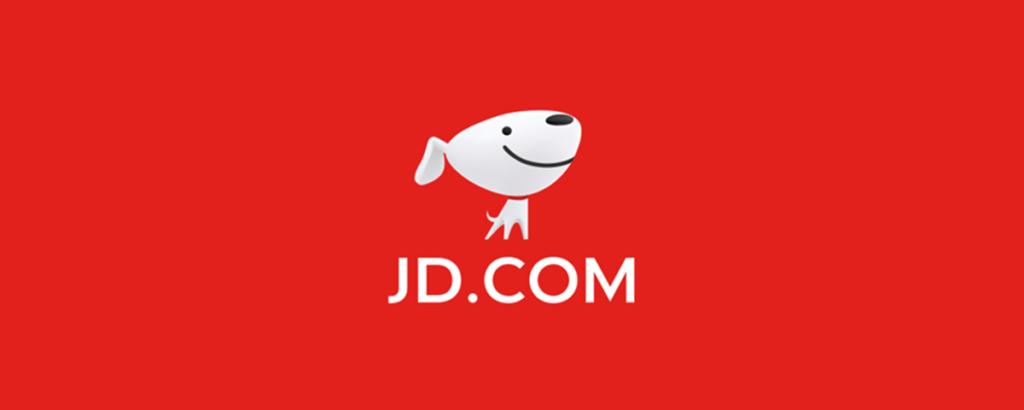Week in Review
- Despite today’s downdraft, Asian equities were mostly higher for the week, except for Mainland China, which reopened from a weeklong holiday on Monday.
- US Senate Majority Leader Chuck Schumer and five senators visited China this week, meeting with President Xi and Foreign Minister Wang. The group released an amended statement following attacks on Israel over the weekend.
- There were multiple examples of state-sponsors actors seeking to support stocks and the economy including an expressed willingness to expand this year’s fiscal deficit, the purchase of shares in large banks by an investment group associated with China’s sovereign wealth fund, and the announcement of a state-backed stabilization fund.
- LVMH and Japanese retail group Fast Retailing, which owns Uniqlo, both reported better-than-expected China revenue this week.
Friday’s Key News
Friday The 13th lived up to its unlucky reputation as Asian equity markets were lower on the rising probability of another Fed hike after the US’ hot CPI print, which led the US dollar higher.
Despite today’s downdraft as traders took short term profits following several strong days, Asian equities managed gains for the week other than Mainland China. In addition to the macroeconomic headwinds, JD.com’s meeting with sell side analysts prior to their earnings release was a disaster. After the conference call, analysts cut their price targets for the stock and lowered their Q3 revenue target to ~1% year over year (YoY). JD’s US listing fell -8.27% yesterday in US trading hours though their Hong Kong share class (9618 HK) declined -11.47% as a rumor that the CEO had been arrested added to the downside. Obviously, the rumor is not true as the company denied it. JD’s US listing hit a three-year low while the Hong Kong share class was Hong Kong’s most heavily traded stock at HKD 4.28 billion traded, which is light, though its volume was 40 million shares traded versus yesterday’s 8.7 million. JD.com’s P/E is now 9, which is why I have advocated that companies pay a dividend. If you are being treated like a value stock, do what value stocks do, which is pay a dividend as they have the cash on the books.
Hong Kong-listed internet names were hit in sympathy as Tencent fell -3.1%, Meituan fell -3.21%, and Alibaba fell -3.79%. It was a total washout overnight in Hong Kong with only 46 stocks in the broad Hang Seng Composite advancing while 449 declined and only 11 of the top 100 most heavily-traded stocks rose. Mainland investors bought the dip as Hong Kong-listed ETFs saw net buying. Mainland China was off, though not nearly as much. Foreign and domestic investors’ favorite growth stocks were hit as foreign investors sold a net -$880 million worth of Mainland stocks via Northbound Stock Connect. Meanwhile, healthcare and Huawei’s ecosystem were rare bright spots.
Bloomberg News reported a “state-backed stabilization fund” will be formed to buy stocks following yesterday’s news the sovereign wealth fund bought four Chinese banks and will add to their positions in the months to come.
Meanwhile, CCTV reported that Premier Li held a symposium with “economic experts and entrepreneurs”. With the Shanghai Composite Index dipping below 3,100 and Shenzhen Composite Index sitting at 1,900, we might hear of more policy support over the weekend.
September economic and trade data was arguably mixed/good but was obviously a non-factor in today’s market action. September CPI and PPI were 0% and -2.5% year-over-year (YoY), respectively, indicating slack demand, though that is better than high inflation, I suppose. Exports and imports declined YoY but improved month-over-month. Aggregate financing and new loans beat expectations and improved month-over-month while new loans came in at RMB 2.31 trillion, which missed expectations of RMB 2.5 trillion, though improved from August’s RMB 1.36T. The pick-up in loans and financing is positive as it indicates an uptick in demand for credit.
Fed Chair Powell met with the People’s Bank of China (PBOC) Governor Pan at the IMF and World Bank meetings in Morocco yesterday, in another US-China diplomatic green shoot. Treasury Secretary Yellen is scheduled to meet with Pan today as well, according to Bloomberg.
The Hang Seng and Hang Seng Tech indexes fell -3.1% and -3.79%, respectively, on volume that decreased -11.47% from yesterday, which is 74% of the 1-year average. 46 stocks advanced while 449 declined. Main Board short sale turnover fell -12.32% from yesterday, which is 81% of the 1-year average as 18% of turnover was short turnover (remember Hong Kong short turnover includes ETF short volume which is driven by market makers’ ETF hedging). The value factor “outperformed” (i.e. fell less than) the growth factor while large caps did not fall as much small caps. All sectors were negative as consumer staples fell -3.89%, consumer discretionary fell -3.81%, and communication services fell -3.43%. Food was the only positive subsector while retail, beverages, tobacco, and software were among the worst. Southbound Stock Connect volumes were light as Mainland investors bought a net $513 million worth of Hong Kong-listed stocks and ETFs, including the Hong Kong Tracker ETF, which saw a large net buy, Meituan, which saw a moderate net buy. Meanwhile, ICBC and Kuaishou were small net sells.
Shanghai, Shenzhen, and the STAR Board fell -0.64%, -0.79%, and -0.92%, respectively, on volume that declined -2.76% from yesterday, which is 92% of the 1-year average. 1,193 stocks advanced while 3,669 declined. The value factor “outperformed” (i.e. fell less than) the growth factor as large caps fell less than small caps. Energy was the only positive sector as consumer staples fell -1.93%, communication services fell -1.88%, and industrials fell -1.66%. The top-performing subsectors were pharmaceuticals, electronic components, and coal. Meanwhile, building materials, restaurants, and business services were among the worst. Northbound Stock Connect volumes were moderate as foreign investors sold a net -$881 million worth of Mainland stocks as Zongji Innolight was a moderate net buy, Tuopu Group and Changan Auto were small net buys. Meanwhile, Kweichow Moutai was a large net sell and Wuliangye and China Merchants Bank were moderate net sells. CNY and the Asia Dollar Index fell versus the US dollar. Treasury bonds rallied, copper was off, and steel managed a small gain.
Last Night’s Performance
Last Night’s Exchange Rates, Prices, & Yields
- CNY per USD 7.31 versus 7.31 yesterday
- CNY per EUR 7.68 versus 7.69 yesterday
- Yield on 1-Day Government Bond 1.60% versus 1.60% yesterday
- Yield on 10-Year Government Bond 2.67% versus 2.69% yesterday
- Yield on 10-Year China Development Bank Bond 2.74% versus 2.76% yesterday
- Copper Price -0.40% overnight
- Steel Price +0.08% overnight
Read the full article here












Leave a Reply